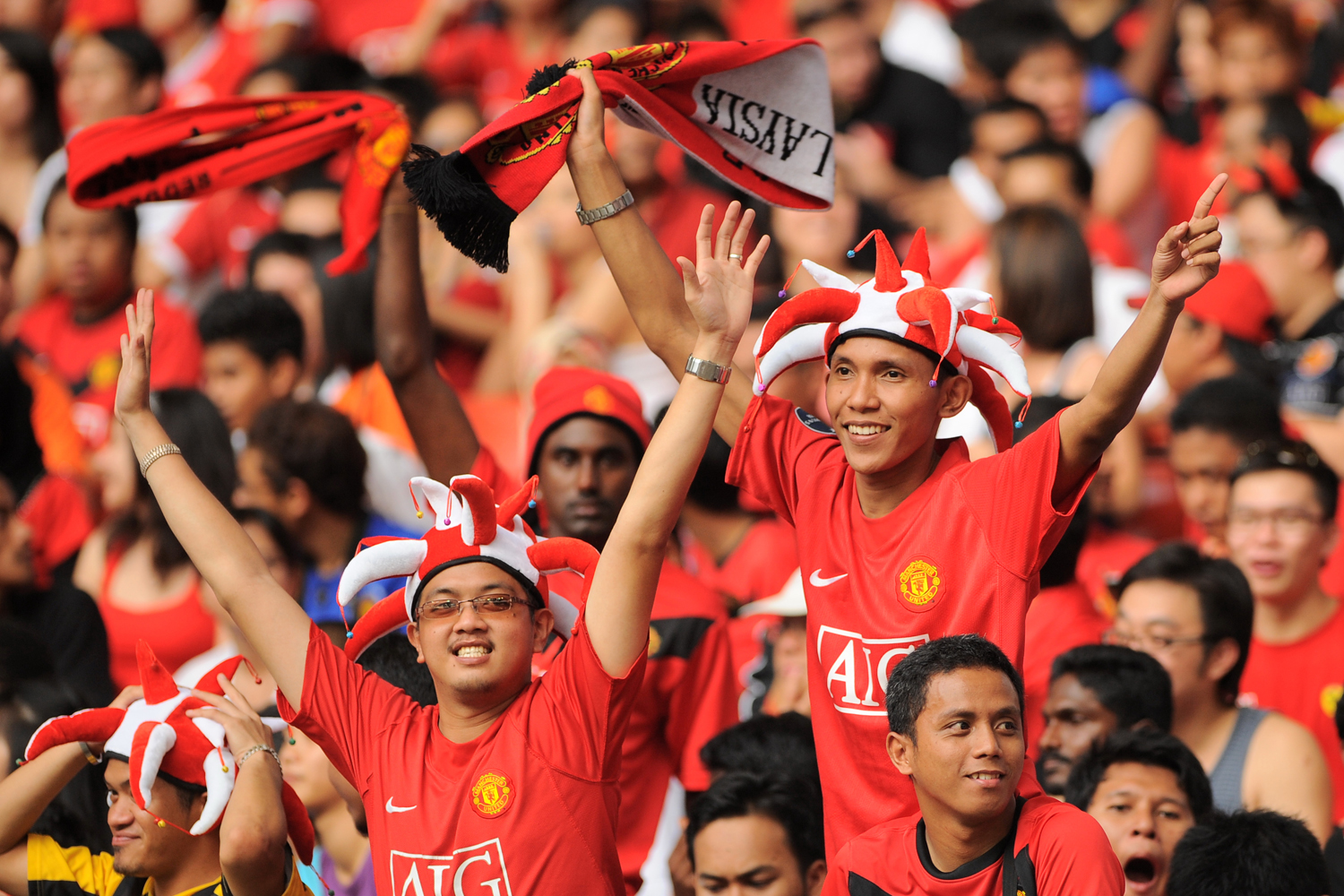News
Cost of spare time activities rises; Premiership football tickets up 16%

The cost of leisure activities has risen again in the last 12 months, as families continue to feel the pinch on funding free time.
The price of Premier League football tickets has seen the largest rise in the past year, up 16% – close to eight times the rise in inflation over the same period (2%). Other large rises include adult off-peak train fares (8%) and a typical broadband package (7%), according to the latest Spare Time Spending report from Halifax.
In fact, 17 of the 19 leisure costs included in the research have increased over the last 12 months, seven of which have done so at a faster rate than inflation. However, keen readers have seen the price of digital books fall by 18% and those bought off the shelf by 2%.
Anthony Warrington, director of current accounts, Halifax said: “Many families will be all too aware of the increasing costs of the activities they do to fill their spare time. The fact that these costs are continuing to rise, and some at a faster rate than inflation, will put even more pressure on households as they try to plan ahead for the May Bank Holidays and half term.”
Funding football still tops sports costs
Football remains the highest cost in the report, with an average monthly spend, based on tickets for two Premier League matches, of £85.85. Whilst this represents an increase of 16% in the last year, compared to the monthly cost of football tickets in 2003, the cost has increased 198% in a decade.
Despite the Olympics effect, membership costs for all other sports have increased in the last 12 months, but only gym memberships have risen at a faster rate than inflation (3%) and now stand at an average £37.93 a month.
The most expensive membership cost is golf, where the average monthly membership fee is £66.08; an increase of 54% since March 2003. Over the last decade the only sporting cost to decrease has been for a cycling membership. At an average of £1.19 in 2003, it was already by far the cheapest monthly cost for a sport and, having dropped 19% in the last ten years, now represents just 96p a month.
Carry on camping?
People looking to pitch up a tent on a camping site can expect an average daily spend of £35.38 per unit (or pitch) on entertainment, provisions and local services, up from £24.25 in 2003 – this is in addition to an average site fee of £20 per pitch per night for a family tent. Those looking for fun in one of the country’s major theme parks can expect to pay an average entrance cost of £40.44; 38% higher than in 2003 (£29.35).
Staying in vs. going out
Even when staying in, home entertainment can still come at a cost. Watching TV can cost on average £48.62 per month to cover a TV license fee and a starter cable/satellite subscription; an increase of 39% in the last decade. An alternative option could be to stay in with a good book, which would set you back an average of just £4.70. Surfing the net has become considerably cheaper compared to a decade earlier; with broadband access now costing £16 per month compared £27 in 2003 – a decrease of 41%.
Getting a takeaway now costs £10.50 on average, up by a third (32%) since 2003. However, the cost of eating out is double that (£20.40 and has increased by 41% in the past decade. A pint down the local is also more expensive; now costing an average £3 compared to just over £2 a decade earlier.